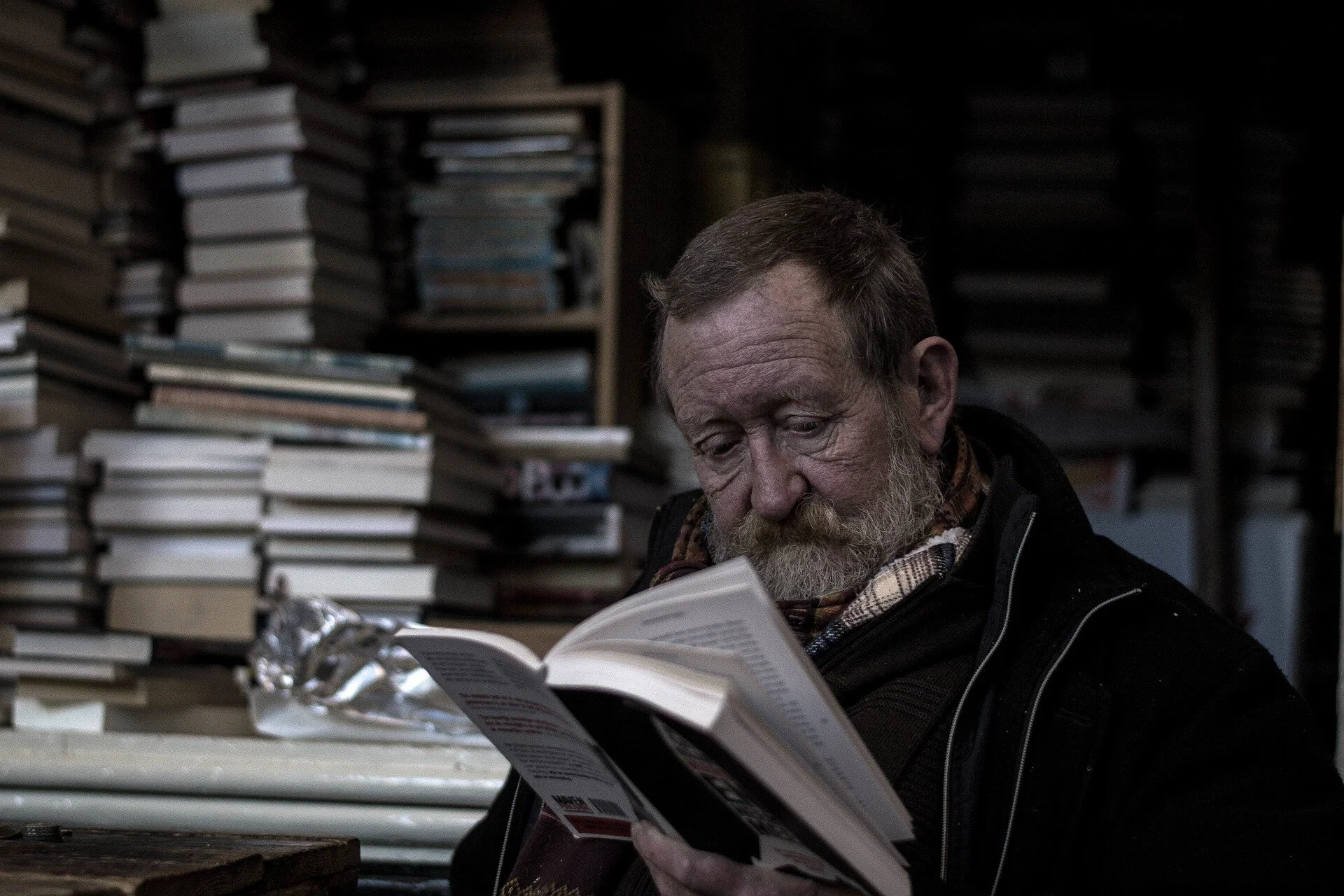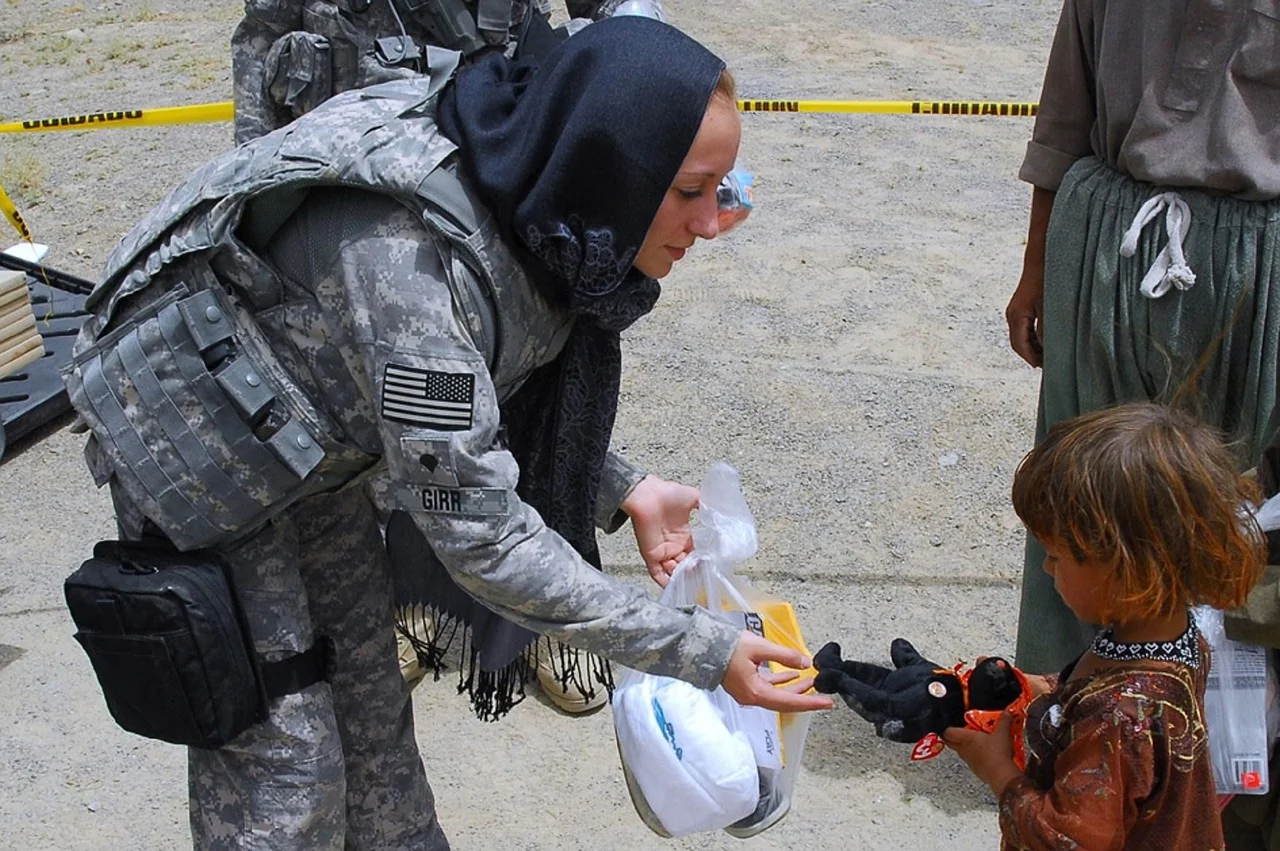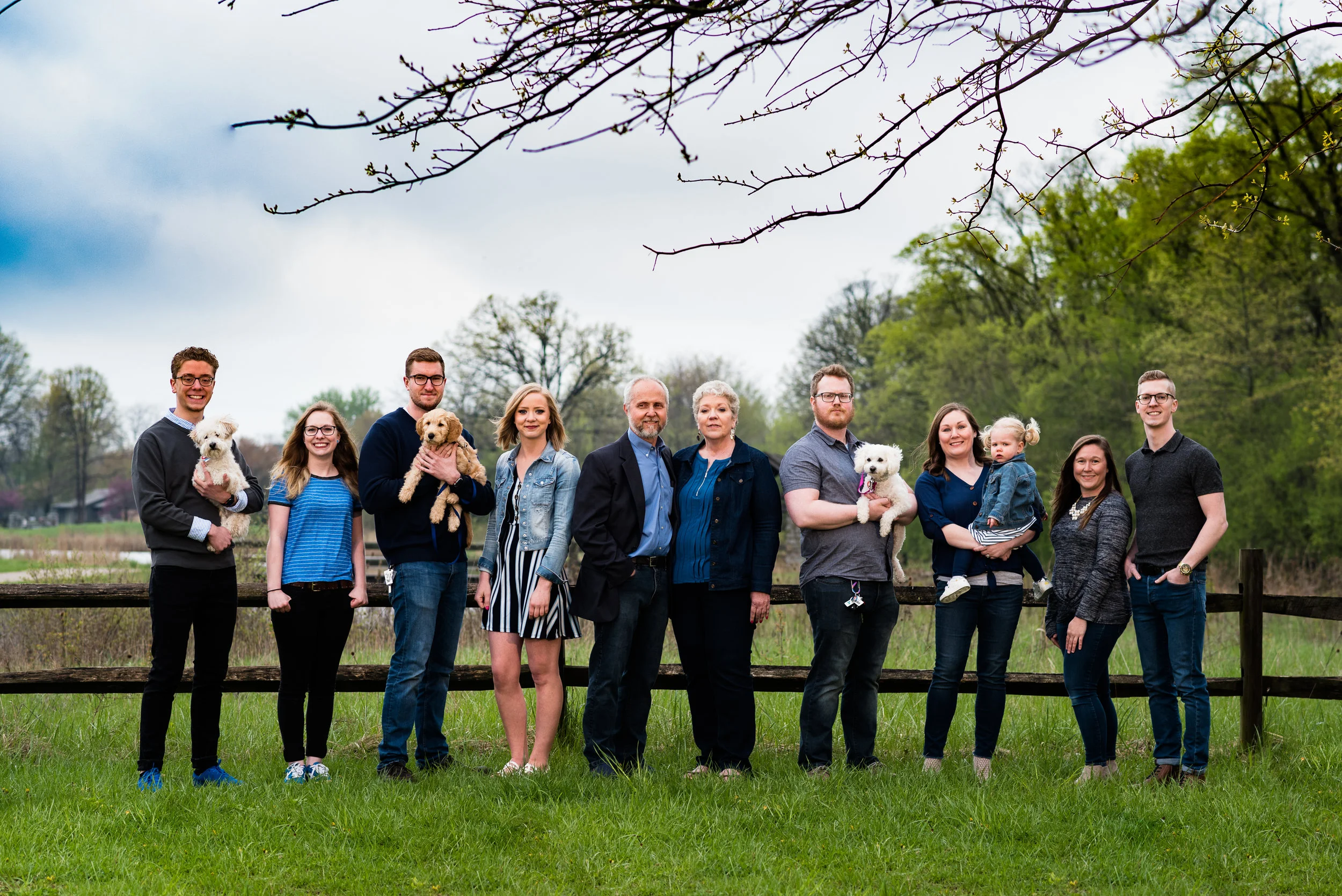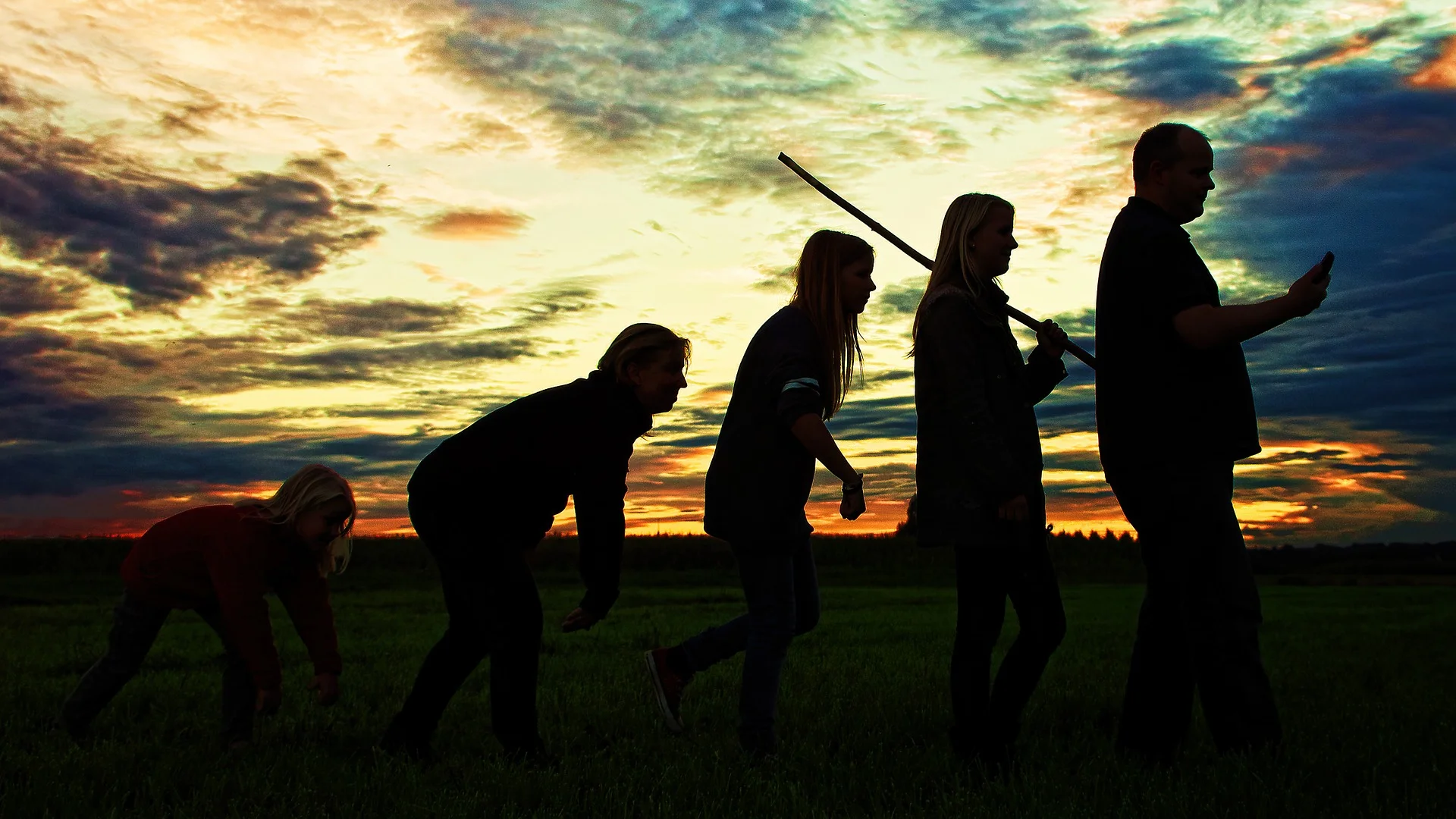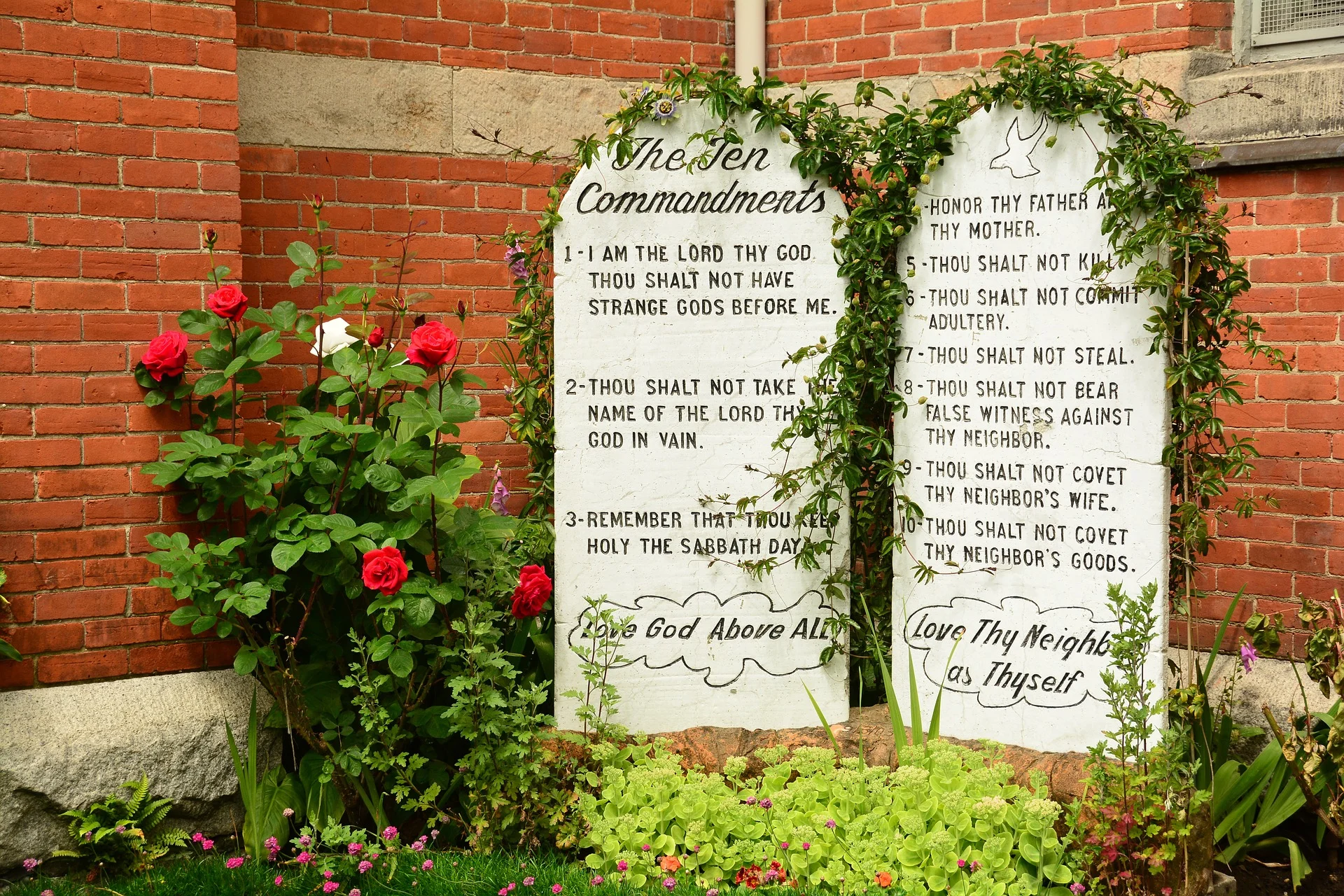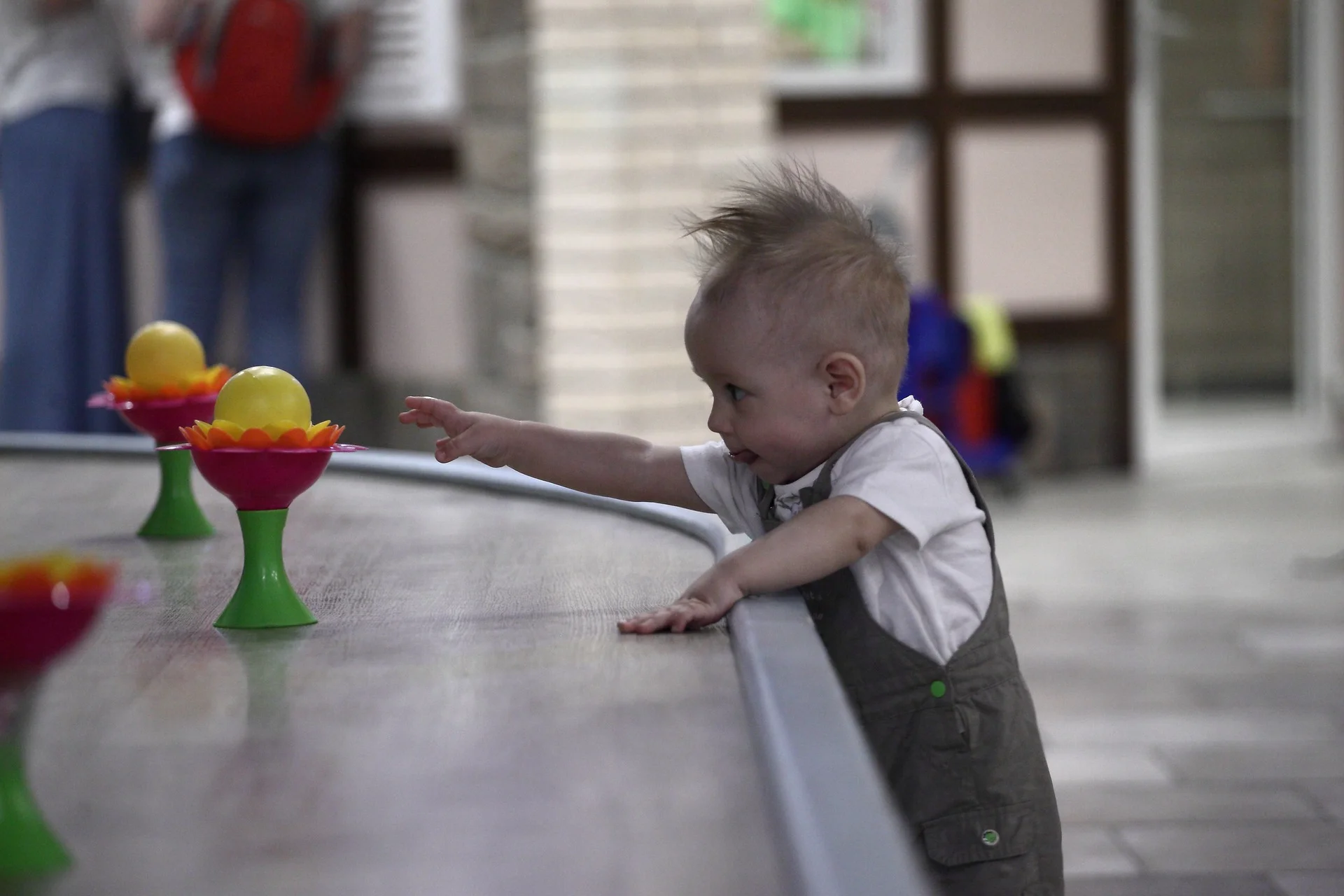When the Monsoon Winds of Change Blow
I spent the morning doing a little bit of cleaning, putting away Halloween decor and getting out Thanksgiving decor. While I was doing that I was thinking about what to do with this Faith post. My life has never been one of discipline or routine. My spouse is a college instructor, so every semester the schedule changes. We homeschooled our two girls all the way through high school so that schedule changed in accordance with my spouse’s. There were times when Mark had several evening classes, so we would have our main meal together at lunch time. Other times, the girls and I would fend for ourselves, knowing dad wouldn’t be home until 9 or 10 at night. In addition to that all of our family is out of state. Holidays, spring breaks and summers were often littered with trips to see Grandmas and Grandpas, uncles, cousins and friends.
Image by Free-Photos from Pixabay
Change is not a bad thing. Often, change can be exciting and something we look forward to with anticipation. Unfortunately, change can also be something that fills us with dread and despair. In just a few short weeks, my position as assistant manager of a university bookstore will be over. It was a position I grew into, as I started working when my girls were just little. I went from sales clerk, to general merchandiser, to shipping and receiving clerk, to assistant manager. I made the transition working part time, so I could still homeschool our girls and more recently help out with our grandson.
I had hoped that I could take a few months off, get my thoughts together and get through the holidays without the added stress of learning a new job, having a new schedule, blending with new coworkers and on and on the change comes. However, that is not the case. I have to find another job, so I am applying for something seasonal.
Part of the reason, I am writing this is to work through the situation myself. Losing a job is like losing someone close to you. You didn’t get to have a say in when it happened, it just happened. You didn’t get to determine, what that change or that end would look like, it just ended. So here I am. I’m 55 and not sure what the next step is, other than to keep stepping.
There is a passage of Scripture that seems especially pertinent to my situation today, and maybe will speak to you as well.
“26 Likewise the Spirit helps us in our weakness. For we do not know what to pray for as we ought, but the Spirit himself intercedes for us with groanings too deep for words.
27 And he who searches hearts knows what is the mind of the Spirit, because the Spirit intercedes for the saints according to the will of God.
28 And we know that for those who love God all things work together for good, for those who are called according to his purpose.
29 For those whom he foreknew he also predestined to be conformed to the image of his Son, in order that he might be the firstborn among many brothers.
30 And those whom he predestined he also called, and those whom he called he also justified, and those whom he justified he also glorified.
31 What then shall we say to these things? If God is for us, who can be against us?
32 He who did not spare his own Son but gave him up for us all, how will he not also with him graciously give us all things?
33 Who shall bring any charge against God’s elect? It is God who justifies.
34 Who is to condemn? Christ Jesus is the one who died—more than that, who was raised—who is at the right hand of God, who indeed is interceding for us.
35 Who shall separate us from the love of Christ? Shall tribulation, or distress, or persecution, or famine, or nakedness, or danger, or sword?
36 As it is written,
“For your sake we are being killed all the day long;
we are regarded as sheep to be slaughtered.”
37 No, in all these things we are more than conquerors through him who loved us.
38 For I am sure that neither death nor life, nor angels nor rulers, nor things present nor things to come, nor powers,
39 nor height nor depth, nor anything else in all creation, will be able to separate us from the love of God in Christ Jesus our Lord.”
There are several key points that we can pull from this passage.
1 - Someone is praying for us.
Verses 26 and 27 plainly state that the Spirit intercedes for us. I love this. To know that someone is praying for me and not just praying but interceding with “groanings too deep for words.” Have you ever noticed when life is overwhelming it is also often confusing as well. In addition, knowing what God is trying to do through or in a situation is more often than not beyond our ability to understand. There are times I find myself saying, “Lord, I don’t even know how to pray.” That is how I have felt over the last few months as I have looked down the pike to losing my job. Sure, my heart would like to pray that everything would go smoothly and that I wouldn’t have to get another job right away. I want to be able to enjoy the holidays and not have them messed up with a new schedule and the stress of learning a new job. But, my mind is also praying for a new job as soon as possible. I have also entertained the idea, that maybe God would just like me to really trust Him. Ha, ha. It is exactly in this state of confusion that my prayers often hit the ceiling and go no further, so it is very reassuring to me that the Holy Spirit is praying for me and He is praying according to the will of God. Pure and simple.
2 - Things will work out.
It would be nice to say, that things will work out, exactly as we had hoped and expected, but reality says that is rarely the case. However, according to verse 29, things will work for good to those who love God, and who are called according to His purpose. That may sound a little confusing, as though we have to figure out what God’s purpose is. The fact of the matter is, all we have to do is be present. Whatever the circumstance or difficulty, God will work it out and you can be sure it will be for your best and my best, because His will is always for our best. Our minds are limited in what we are able to see as being best, but from personal experience, I can say, it is only when I am completely submitting to Him and whatever path or direction He’s leading me that I have complete peace. That path may be wretchedly difficult, but He is walking it with us and the end result will be good.
Image by SplitShire from Pixabay
3 - We are known, called, justified and glorified.
Verses 29 and 30 pack a big punch. There is a lot going on in these two verses, and rather than delving into each word individually, just know that we are pretty darn important to our Creator. I am also not going to get into a discussion on predestination versus free will. My heart believes that both are possible and that God is the only one who needs to understand how it works. That is good enough for me. The fact that He knew us from the beginning, He called us to Himself, He justified us through His Son Jesus Christ, and He will glorify us at the resurrection with new bodies, reiterates the amazing love of this being we call Jehovah. The complexity of this relationship with an Almighty being becomes clearly simple when we believe that everything He does is done for our benefit.
Image by Stefan Kuhn from Pixabay
4 - God is for us.
This needs little explanation. The only thing you have to do is believe it!
5 - God will provide.
God, who did not spare His own Son, Jesus, for our benefit, will provide all that we need. Note, I did not say all that we want, but all that we need. What we are responsible to do is figure out, what is it, that we really need. Food, clothes, love, security. Think about people who have been persecuted, tortured or neglected, yet still survived and even thrived regardless of the adversity. What is it that we really need? Only to abide with Him.
Image by Gerd Altmann from Pixabay
6 - We are secure.
Verses 33 through 35, and 38 through 39, reassure us of our firm foundation in Christ. No one can separate us from Him or His love. We can be persecuted, neglected, overwhelmed, or in despair, but still He is with us. We might be losing our jobs, our spouses, our families, our homes, our health, but still He is with us and we are secure in His hands.
Image by PublicDomainPictures from Pixabay
7 - We are conquerors in Him.
Verses 36 and 37, give us the kick in the pants we need, when we become self focused. When change is coming and the future is uncertain we can easily begin to look inward thinking things like, we’ll never get through this, we can’t do this one more day, we aren’t good enough or other such thoughts that take our focus off the one through whose hands every circumstance trickles. We can become anxious, self-absorbed and begin to invite friends to our pity party, but that is not what God wants for us. Verse 37 says, “…in all these things we are more than conquerors through Him who loved us.”
Think about your favorite super hero movie. How did they get through the battles with bad guys, aliens and monsters? They conquered. They conquered their fear and they conquered the enemies. We have an Almighty, All Powerful God on our side. We can be conquerors too, in Him.
Image by Joanny Liu from Pixabay
















